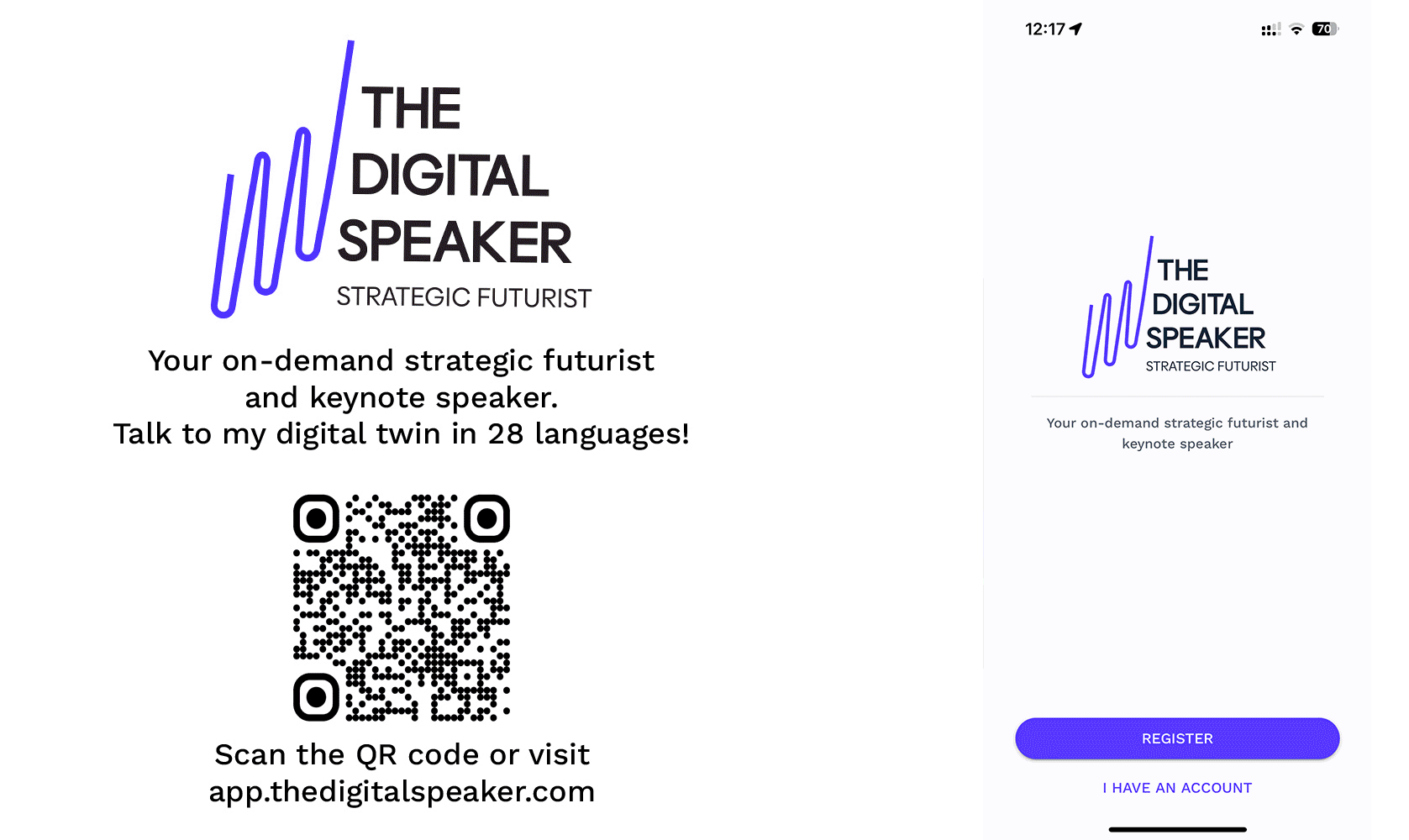Smart Glasses: A Real-Life Black Mirror Episode?

What if a pair of glasses could expose your name, address, and phone number with just a glance? Welcome to the future of privacy invasion—straight out of Black Mirror.
Two Harvard students, AnhPhu Nguyen and Caine Ardayfio, recently developed “I-XRAY,” a tool that uses Meta’s Ray-Ban smart glasses in combination with facial recognition technology to dox people in real-time. By pairing the glasses with PimEyes, a reverse face search engine, and public databases like FastPeopleSearch, I-XRAY can instantly pull up personal details, including home addresses and family information. They provided detailed instructionson in how they developed the system.
Are we ready for a world where our data is exposed at a glance? @CaineArdayfio and I offer an answer to protect yourself here:https://t.co/LhxModhDpk pic.twitter.com/Oo35TxBNtD
— AnhPhu Nguyen (@AnhPhuNguyen1) September 30, 2024
It’s unsettlingly reminiscent of the Black Mirror episode “Nosedive,” where everyone’s social status is publicly rated through an app, creating a world where privacy is nonexistent and personal data is weaponized.
While the students claim their goal is to raise awareness about privacy concerns, the technology itself highlights the growing risks of our increasingly interconnected and exposed digital lives. The ability to identify strangers instantly takes the familiar "doxxing" phenomenon to a whole new level. In a world where smart glasses blend seamlessly into everyday fashion, people may be unaware that they’re being recorded, let alone having their personal information scraped and analyzed.
The Black Mirror comparison is not far-fetched. In "Nosedive," the protagonist lives in a world where personal interactions are constantly rated, reducing everyone’s identity to a score. Similarly, with I-XRAY, strangers can know intimate details about you in seconds, without consent. The power of this tech doesn’t just lie in its novelty but in its potential for misuse. The implications are far-reaching: stalkers, identity thieves, and anyone with malicious intent could exploit these tools, making the simple act of walking down the street a risky venture.
Meta’s Ray-Ban glasses do include a privacy light designed to signal when they’re recording, but as the article notes, the light is barely noticeable in bright environments, and many people don’t realize they’re being filmed. The potential for abuse is enormous, especially when combined with widely available facial recognition technology and AI tools like large language models (LLMs) that can automate data extraction.
The rise of such technology should prompt serious discussions about the limits of surveillance and the right to privacy. Are we willing to sacrifice anonymity for convenience, or are we entering a world where privacy is a privilege of the past?
Read the full article on 404 Media.
----
💡 If you enjoyed this content, be sure to download my new app for a unique experience beyond your traditional newsletter.
This is one of many short posts I share daily on my app, and you can have real-time insights, recommendations and conversations with my digital twin via text, audio or video in 28 languages! Go to my PWA at app.thedigitalspeaker.com and sign up to take our connection to the next level! 🚀

If you are interested in hiring me as your futurist and innovation speaker, feel free to complete the below form.
Thanks for your inquiry
We have sent you a copy of your request and we will be in touch within 24 hours on business days.
If you do not receive an email from us by then, please check your spam mailbox and whitelist email addresses from @thedigitalspeaker.com.
In the meantime, feel free to learn more about The Digital Speaker here.
Or read The Digital Speaker's latest articles here.





